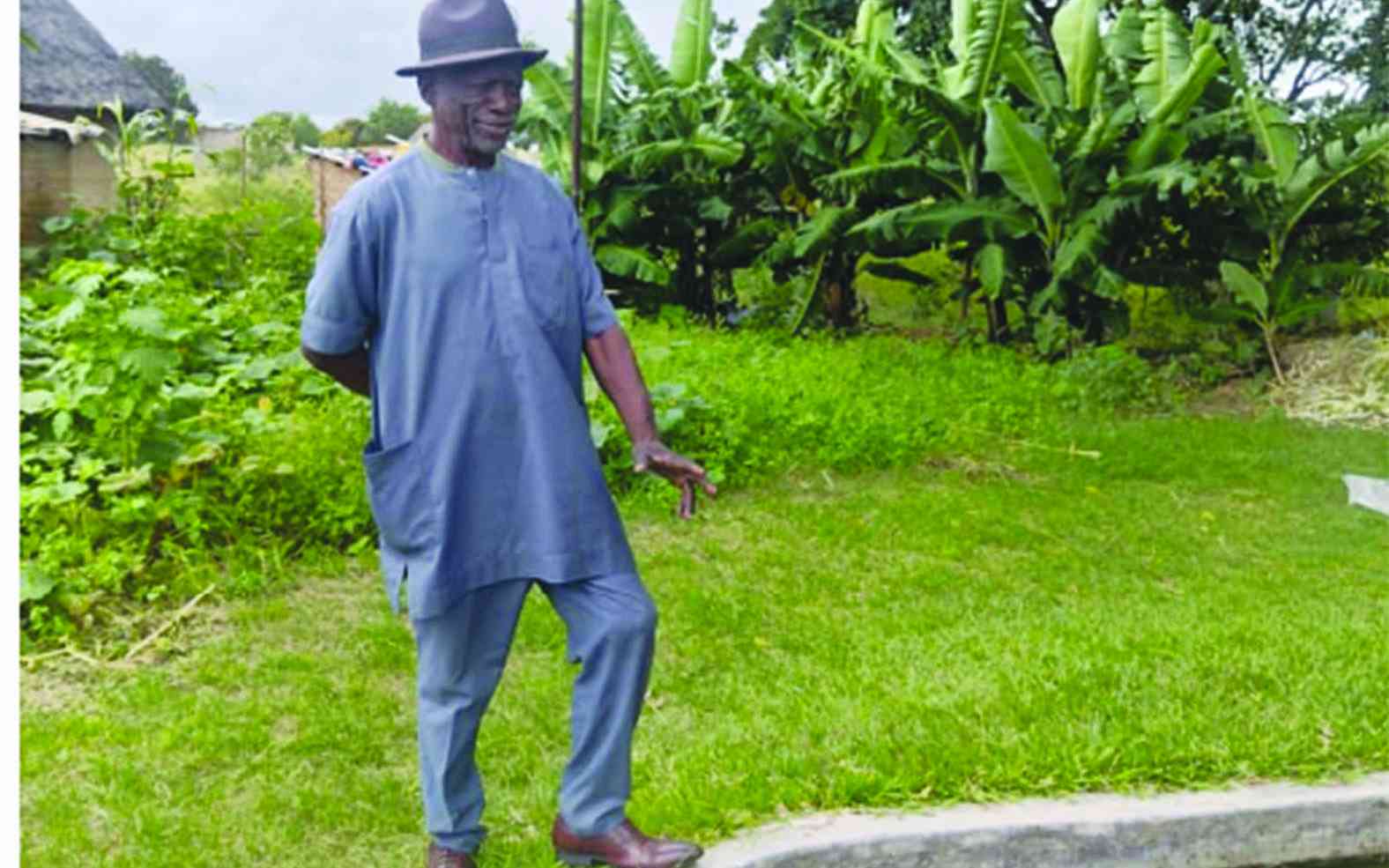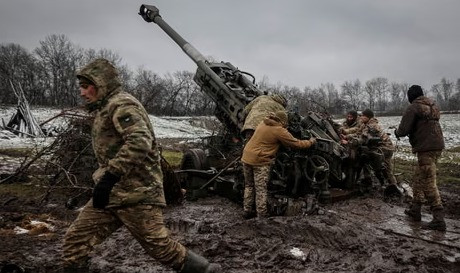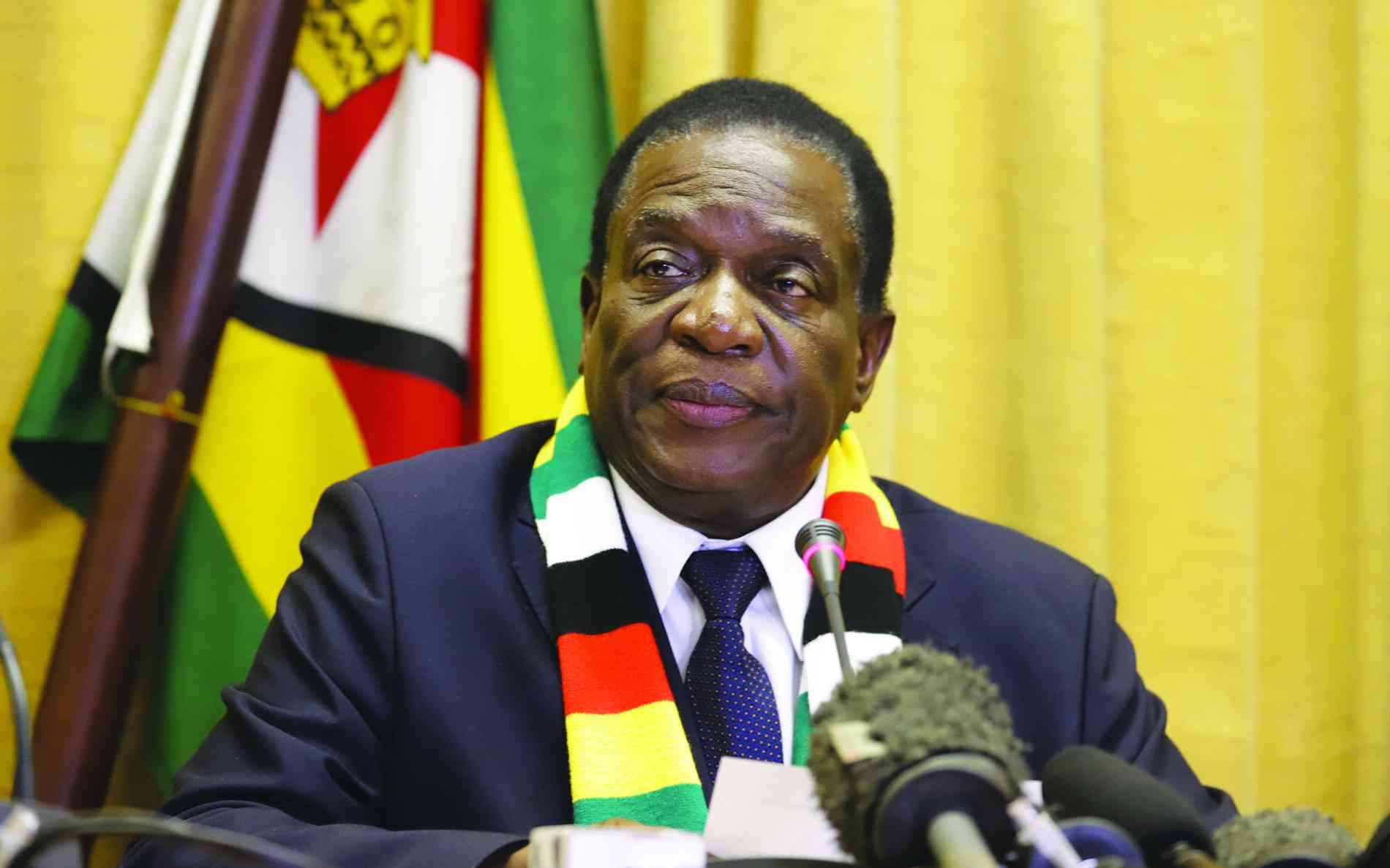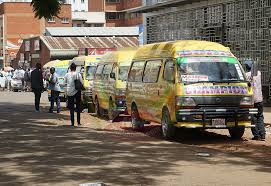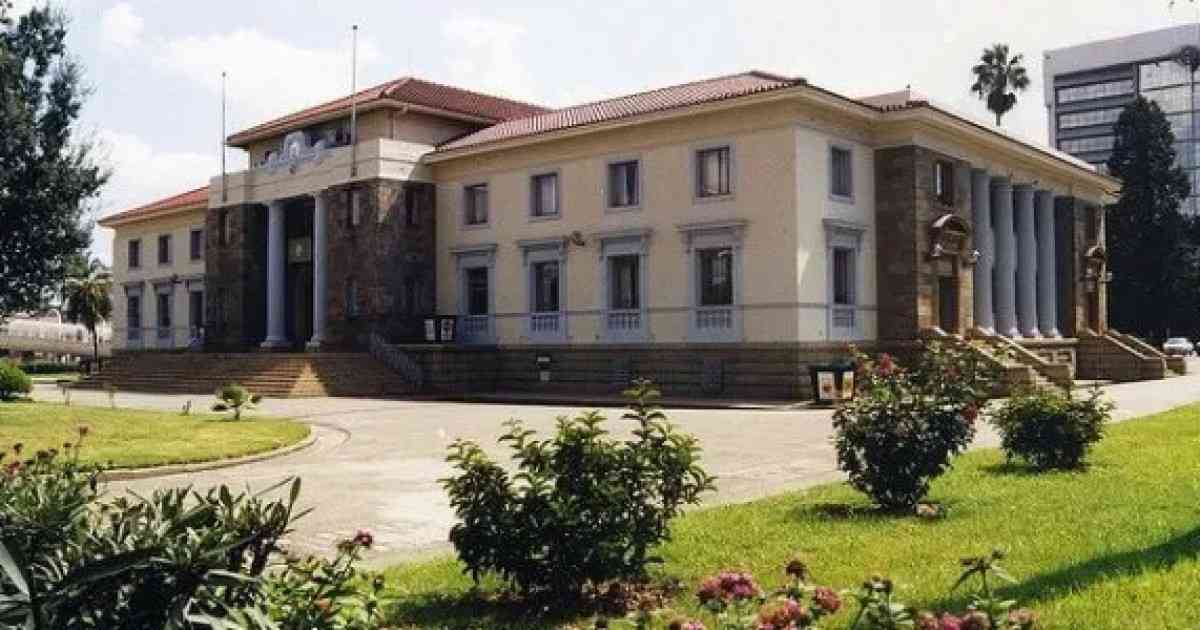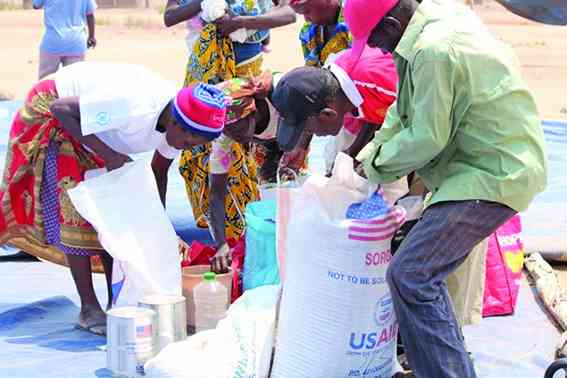
A STORY titled Manicaland hunger shocks Zanu PF in our NewsDay edition yesterday made quite interesting reading.
In the story we were told that Zanu PF functionaries in Manicaland province are dead worried about the dire food security situation in the province, but especially in Buhera district, a perennially perched rural outback which hardly receives enough rain year-in year-out.
One of the concerned Zanu PF Manicaland officials, Tawanda Mukodza, who is the ruling party’s chairperson for the province mourned: “We want to let you know our national chairperson (Oppah Muchinguri) that we have hunger concerns in Manicaland province. Please go and brief our President Emmerson Mnangagwa over the matter.”
Another party official, Buhera North legislator Philip Guyo begged the church to assist his constituency with food because “Buhera district is the second most affected district in terms of hunger and we are pleading with you to help”.
So, are chickens finally coming home to roost, now that people in Zanu PF are slowly waking up to the reality that Zimbabwe is in the throes of a devastating hunger crisis which the ruling party government keeps denying by telling us at every turn that the country is food secure and no one will starve, yet people are skipping meals in the ruling party constituencies due to depleted food stocks.
Most interesting about what the Zanu PF people in Manicaland have revealed is that apparently our President is in complete darkness about the country’s true hunger situation because if he was aware his colleagues would not be begging that he be briefed about the dire food situation in Manicaland.
This is quite worrying given that it is not only Manicaland which is facing critical food shortages, but the entire country, yet some people in government are busy painting a rosy picture of the country’s food situation.
It is quite tragic that government is taking its sweet time to wake up to reality regarding the country’s food security situation and appears comfortable to keep relying on data generated ages ago which indicated that there would be 2,7 million people facing food challenges this year.
- Mavhunga puts DeMbare into Chibuku quarterfinals
- Bulls to charge into Zimbabwe gold stocks
- Ndiraya concerned as goals dry up
- Letters: How solar power is transforming African farms
Keep Reading
As we speak, government is, in fact, still relying on a Zimbabwe Vulnerability Assessment Committee (ZimVAC) 2023 Rural Livelihoods Assessment report released sometime in January this year which said: “During the peak hunger period (January to March 2024), 26% of the rural population is projected to be food insecure. This translates to 2 715 717 people. At least 100 482 metric tonnes of cereal will be required to feed the food insecure population during the peak hunger period.”
The El Niño weather phenomenon, which has gravely disrupted the country’s 2023/24 rainfall season has, however, since dramatically redrawn the food security situation and a lot more people no longer have food.
At this time of the year many, especially communal farmers, would be relying on green harvests from their fields, but the El Niño-induced drought has denied them that opportunity this season, meaning that government should quickly revise its figures because probably half the country’s 16 million population will require food assistance in the next few months.
Some may want to dismiss us as being alarmist, but forewarned is forearmed, as the sages say. It is better to be extra prepared for the worst, than to wait to cross the bridge when we get to it.
In this modern era, government should revise its data collection methodologies so that information is available in real time, especially on critical matters of food security.


